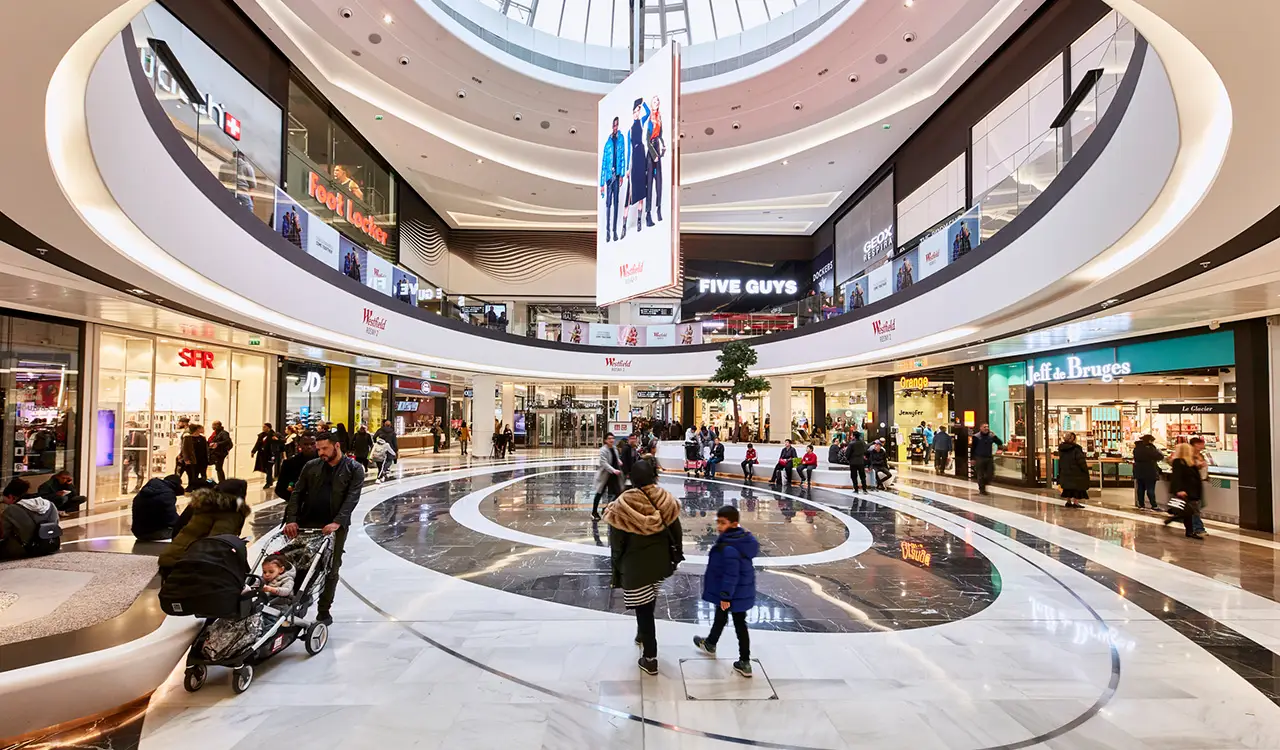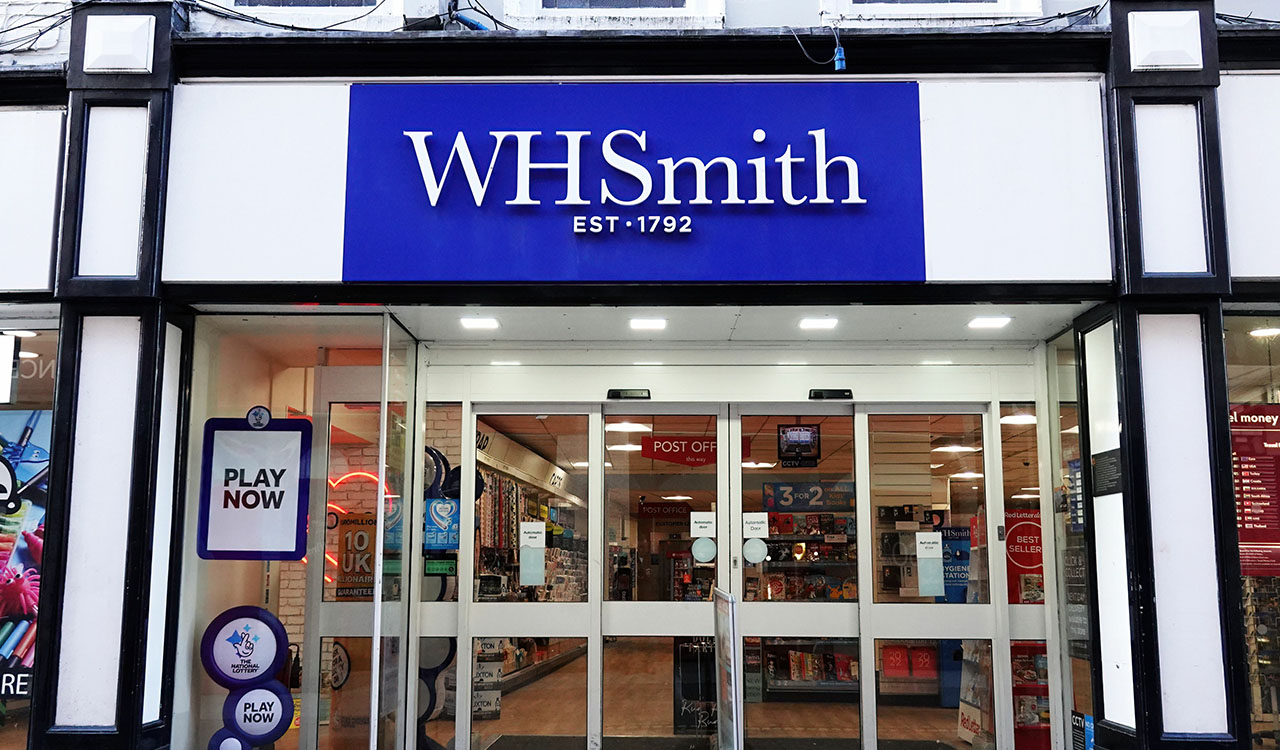Could you ever imagine the day that a mall owner turns down a new retail lease because the brand didn’t match the landlord’s environmental or ethical requirements? Well, that moment may be closer than you think according to Unibail-Rodamco-Westfield (URW), one of the world’s largest real estate players. The sustainability momentum is shifting away from the corridors of politics and into real estate boardrooms.
As consumer expectations around sustainability grow, URW has the opportunity to engage directly with its customers with its biodiversity initiatives. As a retail development pioneer in biodiversity, it leads in its role of greening sites and addressing public climate change concerns.
EU Political Sea Changes
And that might be just as well because the sustainability alarm bells are ringing all over Europe right now. While tackling the environment and climate change have long been a central plank of strategies for the continent’s political elites, the recent elections to the EU Parliament sent shock waves across accepted political norms.
Populist and right-leaning parties scored notable successes in the EU elections and threatened to derail the incumbent President of France on the eve of the Paris Olympics before President Macron eventually cut off – to some extent – pressure from Marine Le Pen’s National Rally party.
One possible reason for the change in political direction was a shift away from the increasingly rigorous green policies that have defined the European Union’s business approach in recent years. Perhaps the savior of green ideals is no longer the politicians – but business leaders.
URW Peer Pressure
Amid the current political turmoil, Paris-based Unibail-Rodamco-Westfield (URW) – one of the world’s largest mall groups with interests across Europe and the U.S. – has urged the global real estate industry to ignore any possible political clawback from environmental, social and governance (ESG) commitments in Europe. URW has reiterated its vow to transition to net zero more quickly than government-led requirements.
To underline how seriously the company is taking all this, URW embarked on a U.K. and European roadshow for stakeholders in June as it reported its latest Social Value Impact Reports for its two megamalls in the U.K. capital, Westfield London and Westfield Stratford City. These reflect a combined social value [a combined financial figure that includes work creation, community services, sustainability, wellbeing and other positive qualitative issues] of $24.2 million for 2023, about $12.6 million and $11.6 million respectively across the two sites in west and east London.
The company speculated that wider initiatives with its retail, food and beverage, and leisure tenants that bolster ESG across its shopping centers, may one day turn down a prospective mall tenant on sustainability grounds if it does not meet certain criteria.
Net-Zero Ambitions
Paris-based URW Group Director of Sustainability, Clement Jeannin, and URW Chief Resources and Sustainability Officer, Sylvain Montcouquiol, sat down with The Robin Report to discuss the company’s long-term strategy and why it has become so central to its business plan.
“The company sees the transition to net-zero and the commitment to ESG in its widest sense as core to the future of the business,” Montcouquiol said. “That is why we have committed to $25.8 million per annum of additional capex specifically on net zero, plus $10.3 million annually invested in the rollout of profitable green energy plans.”
Between 2024 and 2030, URW is also committing 30 percent of its regular capital outlay to bolster the sustainability and social enhancements of its offices and shopping centers. This figure does not include any government grants or subsidies that it may be able to access, Montcouquiol added. And despite concerns that several European elections, including in its native France, could see parties come to power less aligned with sustainability, Montcouquiol said this would have no impact on URW’s business goals.
“Our belief is that we need to go beyond any government requirements, and we are also looking at how we work with our tenants in retail centers to see how we can work with them on the sustainable evolution of retail,” he said.
Brand Evaluation
To that end, URW has established a brand evaluation exercise that considers the sustainable practices of each retailer within its portfolio, its product sustainability, and the energy efficiency of its stores. The initial assessments have covered some 2,500 stores across around 800 brands in the fashion sector — with more to come.
“What we want to stress is that this is not designed as a way to judge our tenants but rather as the start of a conversation that we can facilitate,” Jeannin said. “We started with fashion, as it is such a core category, then health and beauty. Our leasing teams have been trained to discuss this in all lease negotiations to raise awareness.”
And while right now the conversations are designed to raise awareness and act as a catalyst for proactive initiatives between landlord and tenant, Jeannin said that this is likely to evolve. “Who knows? Perhaps one day in the future we will decline a tenant coming to one of our centers on the grounds of sustainability,” he stressed.
Social Value
Partnering with the Social Value Portal, a U.K.-based social value measurement specialist, URW’s third annual impact report found that job creation for its London centers had generated a combined $14 million of value and that U.K. social value had generated $77.3 million since it first started reporting in 2021.
URW is also pushing ahead with something of a new kid on the block when it comes to sustainability: biodiversity. A number of countries, including the U.K., France and Singapore have created new standards that require new real estate developments to provide what they describe as a biodiversity net gain. In other words, the new development needs to provide more and better green space, trees and flowers than what is already there.
There are advantages to such an approach because it provides a brand connection between landlord and consumer when it comes to how they are tackling their environmental responsibilities.
“Much of the work to transition towards net zero can’t be seen. But biodiversity is a very visible element of ESG, and we see it as a great opportunity to act in urban locations and to create more attractive and green spaces which also help to relieve heat for customers and clients,” Jeannin added of URW’s current approach.
“We will be looking at adding biodiversity in any new developments. As an example, our project Westfield Hamburg-Überseequartier (an enormous mixed-use development to open in early Fall in Germany) has been built on former industrial land and carefully developed being mindful of strong restrictions because some of the plantings are in a flooding area because of its proximity to Hamburg’s port.”
Initiatives include green roof terraces, playgrounds with greenery, plentiful planters, outdoor tree-filled facilities, perennial beds, display gardens and climbing plants at the entrance to the underground parking lot. Plus, there are measures for the settlement of birds, bats and invertebrates. A green space ratio of 16.1 percent corresponds to more than 100,000 square feet of greenery.
“We have been partnering with the U.K.’s Department for Environment Food and Rural Affairs to help define diversity net gain, and we’re looking at what we can do to create a meaningful impact by 2030,” Jeannin added.
ESG Means Business
What’s clear from URW’s approach is that ESG is a core part of its sustainability responsibilities and key to the futureproofing of its estate, ensuring that it is not sitting on stranded assets further down the line.
As consumer expectations around sustainability grow, this landlord has the opportunity to engage directly with its customers with its biodiversity initiatives. As a retail development pioneer in biodiversity, it leads in its role of greening sites and addressing public climate change concerns.
URW’s huge retail portfolio – including its Westfield branded malls – is in a prime position to take a leading role with one of Europe’s new centers set to open in Hamburg in the coming months. With so little mall development in the EU, the heat is on.




